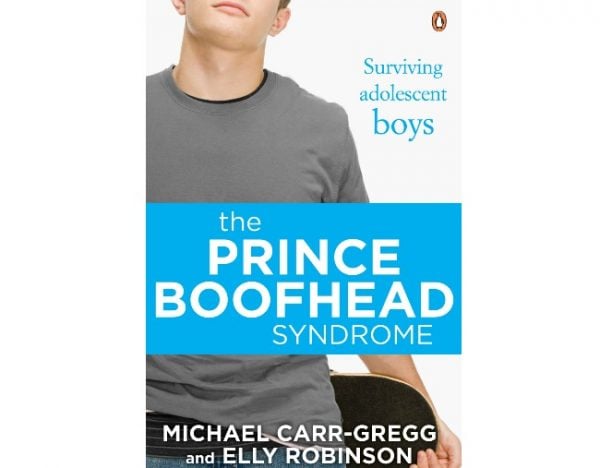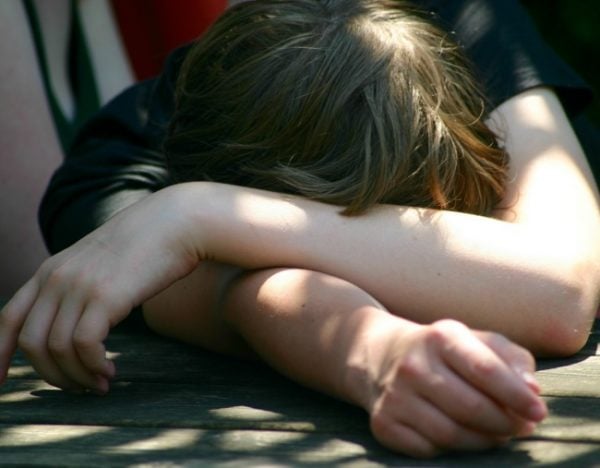There’s been a lot of talk recently about a growing segment of teenage boys—known as “boofheads”—getting away with entitlement, laziness, and aggressive behaviour toward their parents. The blame has been given to the parents for being too weak, pandering to every wish in the name of their children’s “happiness”.
A new book by child psychologists, Michael Carr Gregg and Elly Robinson, has named this the “Prince Boofhead” syndrome. They say some teenage boys are so pandered to by their parents that normally unacceptable behaviour like swearing and physical aggression to their parents, as well as expecting their parents to wait on them, has become their norm. These “spoilt” kids have become used to their parents shielding them from every disappointment and picking up after them. It’s spilling into their adult life as they continue to be aggressive and demanding with the women in their lives.
At the root of this problem, the authors say, is “permissive parenting”. And I totally agree.
But this does not mean we should try to counter this by shifting back to the dark ages of punishing our kids and controlling their every move.
The root of the permissive parenting problem
Kind, calm and gentle parenting is needed now more than ever. But it requires the key ingredients of clear boundaries, rules and routines for our kids.
What’s more, I believe that the crucial missing ingredients in many families are parents who are actually present and involved with their kids. Too many mums and dads are missing in action—busy with their work, on their phones or laptops, out shopping, and so on. Life has become too complicated, costly, and busy for many parents to just sit down and play with their kids, or take them out biking or playing sport, or anything really.






























































































